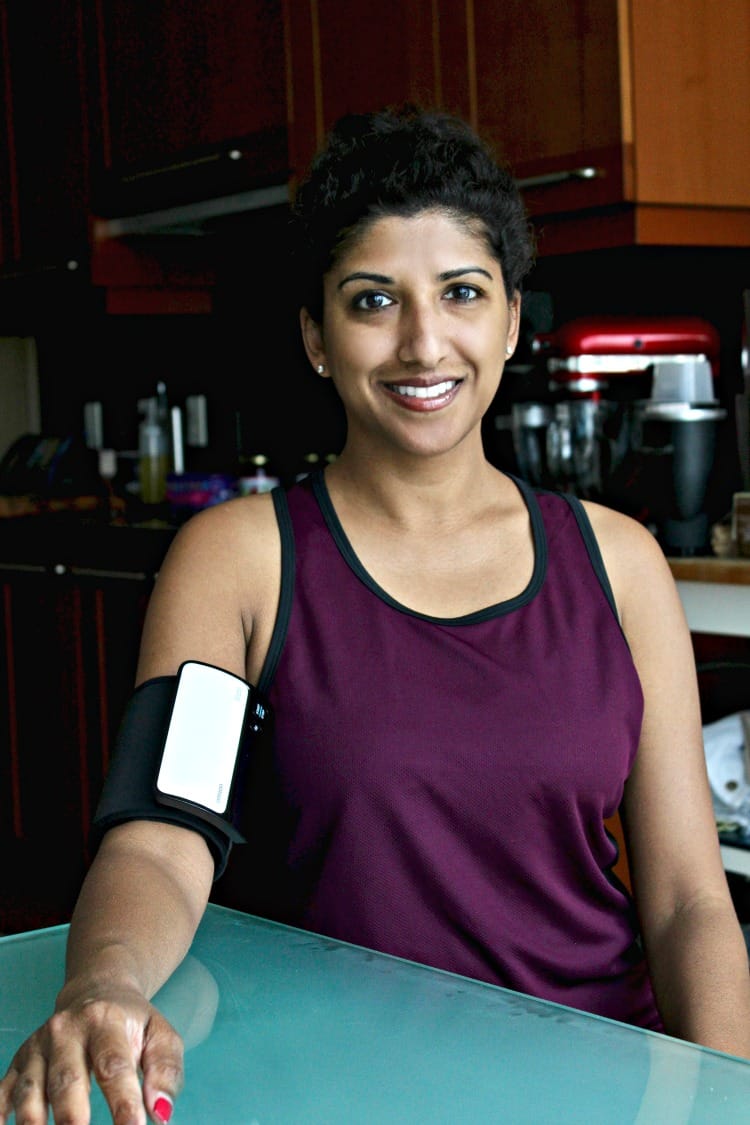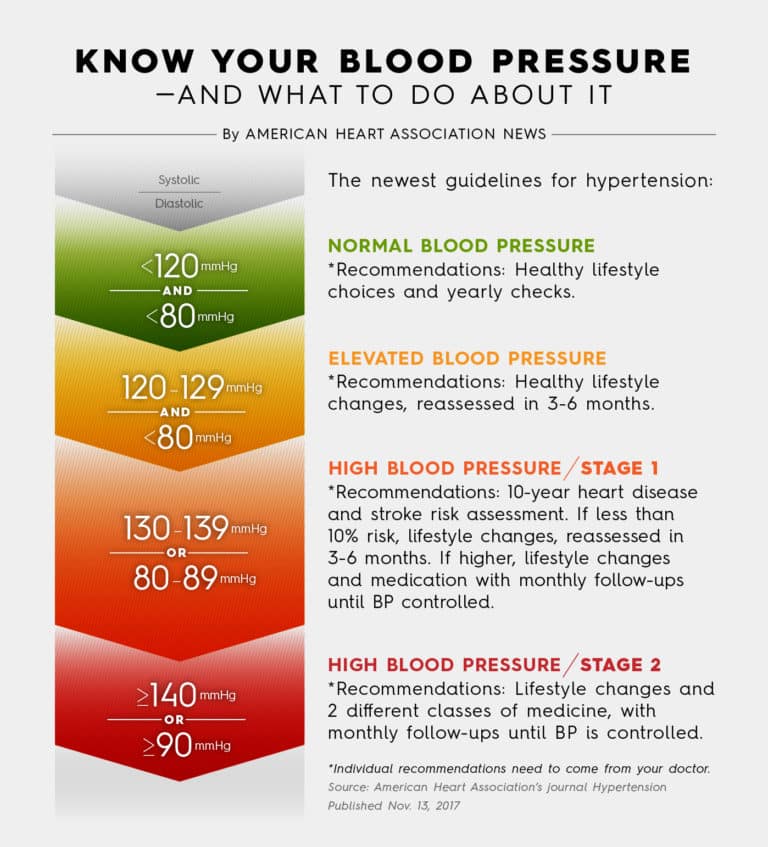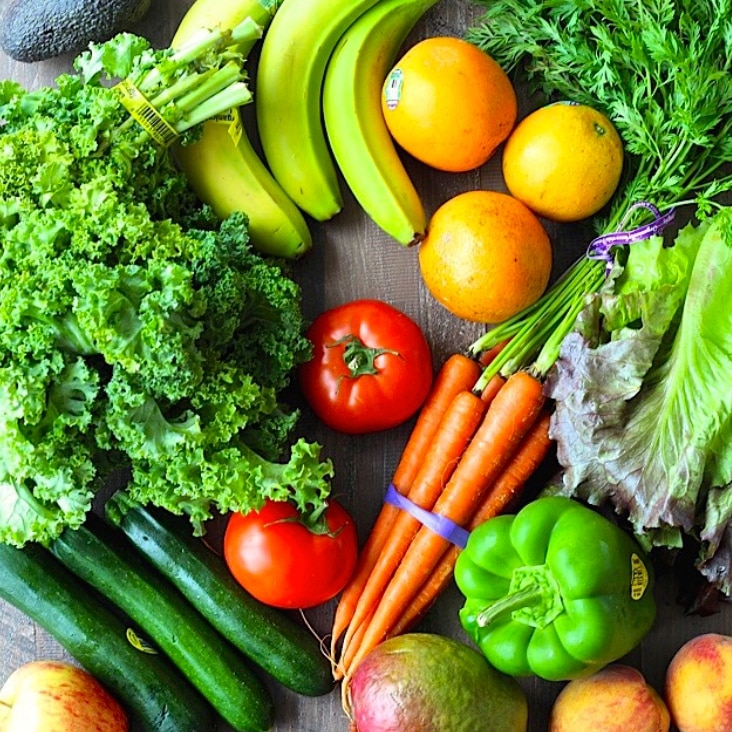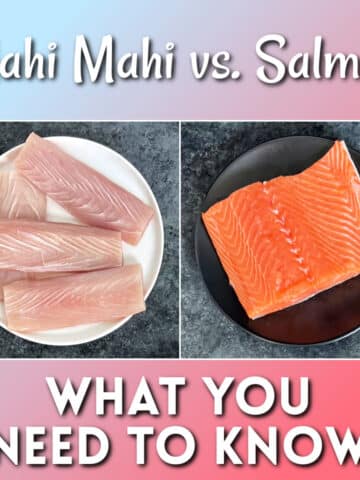Tips for Monitoring Your Blood Pressure. Here's what I learned from taking the Going For Zero Pledge, a national campaign to help raise awareness about the importance of knowing your blood pressure.

Thank you to Omron Healthcare for sponsoring this post! As always, all opinions expressed are 100% my own.
A couple of months ago I took a pledge called the Going for Zero Pledge. I teamed up with Omron Healthcare in this national campaign to help raise awareness about the importance of knowing your blood pressure. I pledged that I would monitor my blood pressure at least once a week and write about my experiences along the way. Why did I decide to take this pledge? The main reason is because I am all too familiar with the consequences of uncontrolled hypertension. Hypertension (high blood pressure) is often asymptomatic so it can be easy to ignore. But eventually it can have devastating consequences on your health such as heart attacks, stroke and kidney failure. As an Emergency Medicine physician, I see this far too often. So I wanted to join in the effort to spread awareness about the importance of monitoring your blood pressure. Knowing your numbers and taking action to control high blood pressure, whether it’s through diet, exercise and/or medications, can be life-saving.

Here are some things that I learned from the experience that I’d like to share with you…
- Try to be consistent when taking your blood pressure readings. Measure your blood pressure in a relaxed setting around the same time of day. I always have a normal to low blood pressure but even I had an elevated reading when I was at the doctor’s office recently and was in pain and a little nervous. Over the past couple of months as I’ve been tracking my blood pressure, I’ve had a couple of borderline readings when I checked my blood pressure at odd times such as after a night shift when I was sleep-deprived and had just had a couple of cups of coffee. Remember, blood pressure is not a static thing. It constantly changes depending on many factors including your activity level, stress level, and the time of day, so fluctuations are expected.
- Keep track of your readings and take your log with you to your doctor’s appointment. Doctors thrive on data. Having more blood pressure readings over time provides them with greater insight and a more accurate view of your blood pressure, which may be elevated on a single reading in their office. It will help them create a more effective treatment plan tailored to your needs. It will also facilitate more patient-doctor dialogue. With the Omron EVOLV wireless blood pressure monitor, you can connect via Bluetooth® to the Omron Connect app on your smart device so that you can track and store your readings over time.

- Use a reliable blood pressure machine. You want to make sure that you are measuring your blood pressure with a machine that’s comfortable, easy to use and most importantly, reliable. Omron is the #1 doctor and pharmacist recommended home blood pressure monitor brand on the market, and the brand is known for its clinically validated accuracy. I monitored my blood pressure at home with the Omron EVOLV wireless blood pressure monitor, which is light, portable, and user-friendly.

- Eating well and exercising regularly can help lower your blood pressure. Genetics play a role in hypertension, and I have a strong family history, so I know that I have to keep an eye on my blood pressure as I get older. I’m going to continue to take the right steps in terms of diet and exercise to help keep my blood pressure in check so that I won’t have to take medication. Since I started the Going for Zero pledge, I’ve even made more of an effort to follow a nutritious diet and exercise several times a week. The DASH (Dietary Approaches to Stop Hypertension) Diet is a plant-focused diet that’s rich in fruits and vegetables, low-fat and non-fat dairy, lean meats, fish, poultry, whole grains, heart-healthy fats, legumes, nuts, and seeds. In addition to being low in sodium, the diet is high in fiber, potassium, calcium and magnesium. The DASH diet plan has been shown to significantly lower blood pressure in those with prehypertension and hypertension. Talk about using food as medicine!

- Spread the word! Cardiovascular disease is still the number one cause of death in US adults and stroke is the top cause of disability. High blood pressure is the leading risk factor for both these conditions. We all have the power to take control of our health and one of the ways we can do this is to monitor our blood pressure so that we can take the proper steps to control it before it has negative consequences. Encourage your friends and family members to start monitoring their blood pressure as well. You might just save a life!






Tonny says
Thanks For Sharing Such beautiful information with us
RIFAT says
THE INFORMATIONS ARE VERY HELPFUL AND INFORMATIVE.
Ayeshchakma09 says
I like the Omron blood pressure monitor, we may have to get one of those in the clinic.
Delisi Communications says
Wow! Sounds like a great product!
John Gatesby says
Like any other ailment, high blood pressure needs to be carefully monitored, correct diet plan and lifestyle is to be observed. You have done well by taking this zero pledge and I wish you all the luck that you meet all your milestones and goals.
Ben says
I like the Omron blood pressure monitor, we may have to get one of those in the clinic. It always surprises me how many people come into the PT clinic and don't know what their BP is and haven't had it taken sometimes for years. Glad this campaign is getting started for weekly monitoring.
Jacquelyn Stetser says
I have been regularly monitoring my BP since you posted this. I have incorporated more meditation and mindfulness into my daily routine because of days with higher BP. Thanks for your blog. You have helped me make a healthy change in my life.
Bryan Costie says
Hey Sonali,
I just read your blog at first time and I found it's really helpful post for our blood pressure and healthy system. Keep sharing it.
Sun Shine says
fantastic,i loved it. It is really helpful information you got there
Robert Shelton says
Hi Sonali, National and international guidelines offer specific instructions for measuring blood pressure. If a doctor, nurse, or medical assistant isn't doing it right, don't hesitate to ask him or her to get with the guidelines.